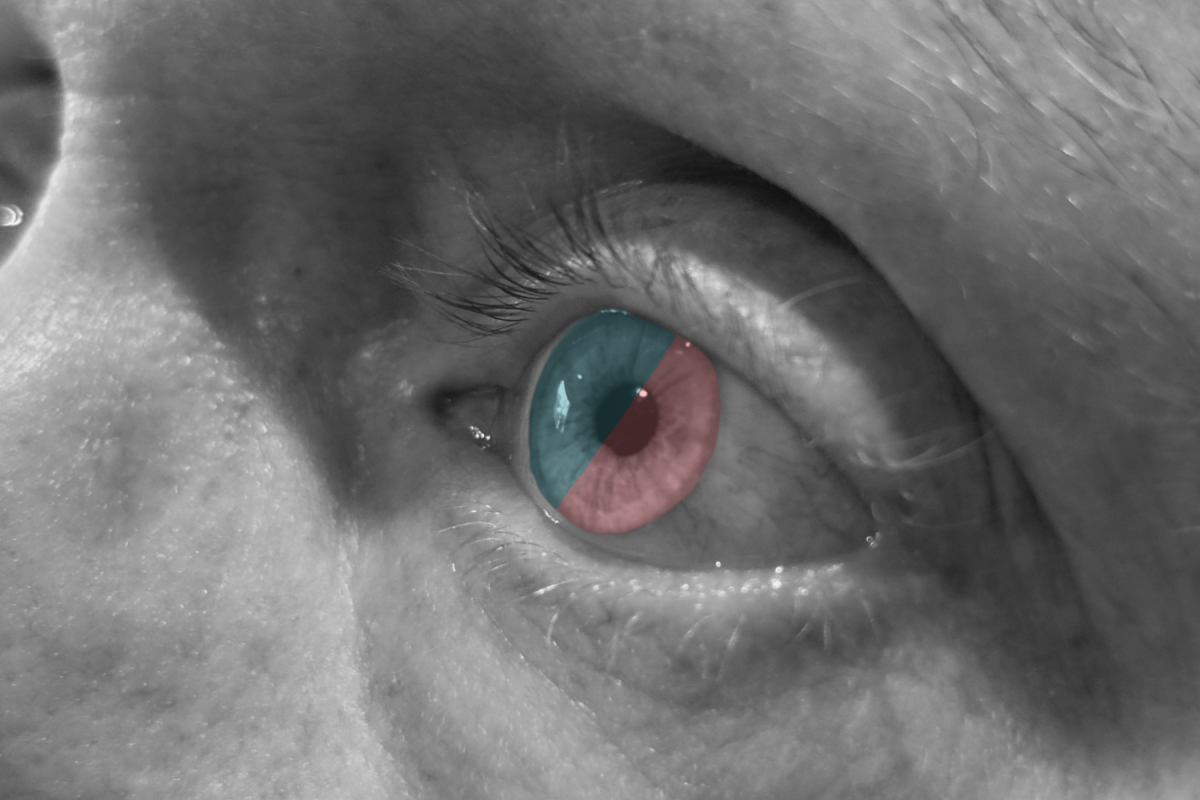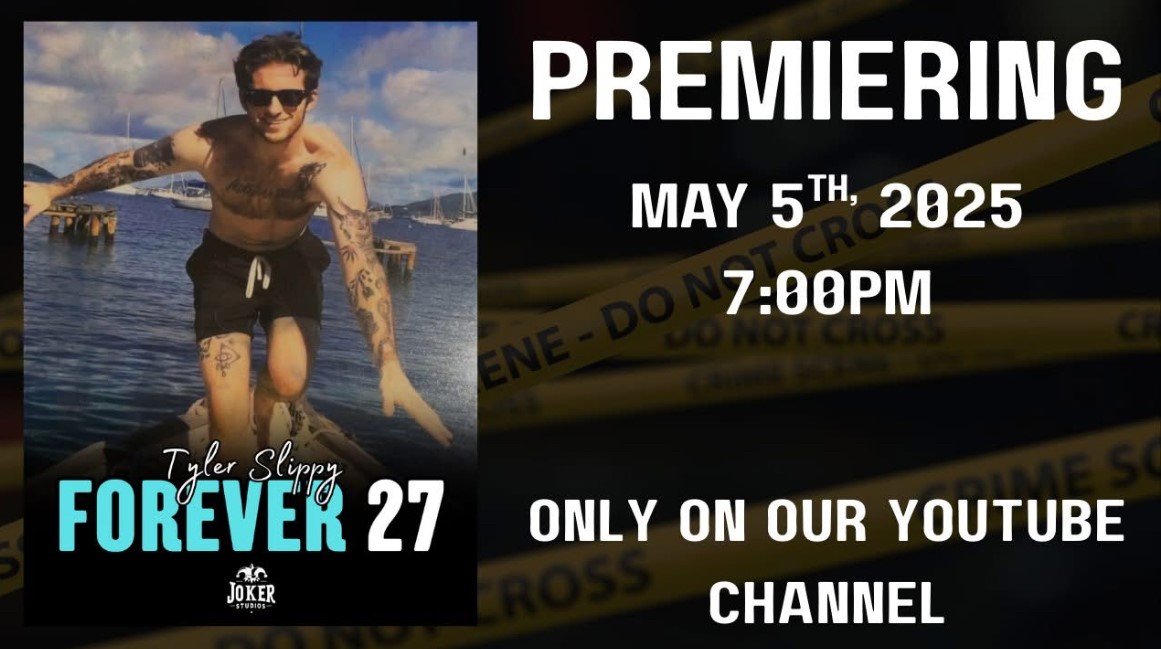★★★★
Over 50 years removed from 1971’s original “Willy Wonka and the Chocolate Factory,” Gene Wilder’s iconic interpretation of the maniacal chocolate-loving tycoon remains a significant cultural monolith. After Tim Burton’s less successful 2005 remake of the same story, Warner Bros. has decided to favor the way of the prequel with 2023’s musical fantasy “Wonka,” starring Timothée Chalamet as the titular character. Although the world probably didn’t need to know how Willy started in the chocolate industry, the film is as delightful as his array of chocolatey confections. “Wonka” might be a bit artificial, with some questionable ingredients in the mix, but the recipe works rather beautifully in the end.
From the start, it’s evident that Wonka’s ultimate dream is to share his sweet chocolate creations with the world and open a candy shop. After journeying for many years at sea to gather the best ingredients, he navigates to the big city to realize his lofty aspirations. But just as he arrives in the town square to present his dazzling candy creations, Wonka is shut down by the chief of police (Keegan-Michael Key), who has been paid off with chocolate by a group of rival chocolatiers who run the ‘Chocolate Cartel,’ a monopolistic and conspiratorial group that will stop at nothing to keep Wonka out of the market.
If that wasn’t enough, Wonka is also tricked by boarding house owner Mrs. Scrubbit (Olivia Colman) and her partner Bleacher (Tom Davis) into signing away to 27 years of indentured servitude in their underground laundry line. Here, Wonka meets an entire colorful cast of misfits forced into a life of scrubbing, including a lonely young orphan named Noodle (Calah Lane), who quickly becomes Chalamet’s plucky sidekick.
If that sounds like a lot, it’s because it is, and the movie keeps introducing characters, plot devices and locations, quickly jumping from one song to the next and later connecting the dots in a simple yet satisfying way. “Wonka” doesn’t just rehash the same ingredients that made the original properties so beloved. Instead, the movie builds something new with existing parts. Just like Wonka himself, this movie goes against the system and tries to give people something much more magical and heartfelt than the market standard.
Timothée Chalamet is wonderful as Willy Wonka, and he fits seamlessly at the center of a musical, bringing all that is required with nothing more than a wry smile. The marketing suggested Chalamet’s Wonka might be channeling the darker undercurrents of previous incarnations, but there’s a starry-eyed innocence driving this rendition of the character instead.
“Wonka” is unafraid of its existence and not in the least bit embarrassed about being a musical. The original tunes play until the end, each being catchy and uplifting with some silly theater-kid energy tying them all together. The songs start as soon as the movie opens, with Chalamet gliding into town on the top of a boat, belting out hopeful notes about his seven years at sea and his dreamy aspirations for the future.
The film aims for unabashed sincerity in its musical elements, and it manages to hit those high marks with an endearingly classical and remarkably competent presentation. Despite some poorly disguised CGI and a bit of modern digital grime, the movie still looks solid with a production design that plants it in a fantastical city reminiscent of old England.
The costume design is also on point, with Wonka’s outfit giving him a perfectly dapper, scrappy underdog look. His hat bears an accurate resemblance to chocolate that seems uncanny at times. Those same touches also make “Wonka” a perfect holiday movie, as its frigid atmosphere embodies the bitterness of winter, perfectly countered by the feelings of warmth and optimism critical to the season.
Another of the film’s greatest strengths comes from its strong supporting cast, including Hugh Grant as a grumpy Oompa Loompa who has been stealing Wonka’s chocolate during the nighttime, Sally Hawkins who plays Wonka’s mother in flashbacks and Rowan Atkinson as a corrupt priest who’s also in cahoots with the Chocolate Cartel. The film’s fantastic supporting cast can be attributed to director and co-writer Paul King, who worked on the similarly ensemble-focused Paddington 1 and 2.
While its variety means that the story never loses steam, the movie never quite lands on a definite arc for Wonka’s character either, ultimately feeling like a cross between a couple of different threads that pay off in some ways but don’t amount to anything substantial. Such prequel plotting can be burdensome, and while it never feels like a big problem in “Wonka,” that slight internal confusion partially holds its story back.
Apart from a couple of beats that feel out of place, “Wonka” is a magical little romp that works best when you relent and follow Chalamet across the rainbow bridge into his world of pure imagination. It’s a silly and wonderful time that leaves you feeling warm and fuzzy, probably yearning for some scrumdiddlyumptious chocolate. Undoubtedly, this is Wonka at his most imaginative, and it’s uplifting to have a film that invites audiences, young and old, to dream big.
This story was originally published on The Black & White on January 23, 2024.















![Finishing her night out after attending a local concert, senior Grace Sauers smiles at the camera. She recently started a business, PrettySick, that takes photos as well as sells merch at local concert venues. Next year, she will attend Columbia Chicago College majoring in Graphic Design. “There's such a good communal scene because there [are] great venues in Austin,” Sauers said. “I'm gonna miss it in Austin, but I do know Chicago is good, it's not like I'm going to the middle of nowhere. I just have to find my footing again.” Photo Courtesy of Grace Sauers.](https://bestofsno.com/wp-content/uploads/2025/05/Grace.png)


















